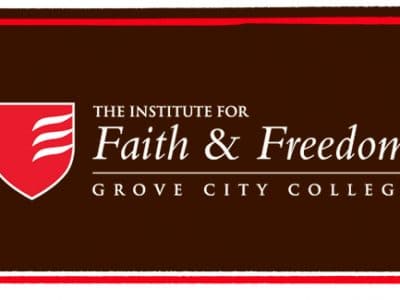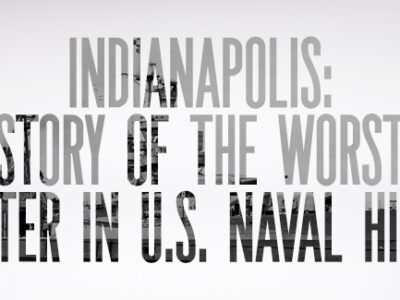Mao Zedong became the symbol of China’s communist revolution: leading the famed Long March, proclaiming the new People’s Republic of China (PRC), meeting Richard Nixon to open a dialogue between the PRC and America—and killing tens of millions of Chinese.
Writes French researcher Jean-Louis Margolin in “The Black Book of Communism”: “Although the estimates are quite speculative, it is clear that there were between 6 million and 10 million [non-battle] deaths as a direct result of the Communist actions.” Perhaps 20 million died in prison, and “to that total should be added the staggering number of deaths during the ill-named Great Leap Forward—estimates range from 20 million to 42 million dead” from famine between 1959 and 1961.
The man known as the “Red Emperor” routinely disposed of rivals and successors, even inaugurating the so-called Cultural Revolution in 1966 as a means to eliminate party rivals, most notably Liu Shaoqi, whom Mao had chosen as state chairman, or head of state.
However, Mao obviously could not have done so much damage to China without the aid of others. Liu was one. Another was Lin Biao, Mao’s next anointed successor, who died while attempting to flee the country—also Deng Xiaoping, who achieved paramount power after Mao’s death when he led China back to the world.
Finally, there was Premier Zhou Enlai. Zhou was the PRC’s face to the world, who engineered the rapprochement between Beijing and Washington. He was the competent pragmatist who attempted to bridge the gap between cynical political maneuvering and practical policymaking in the desperately poor nation.
And he was Mao’s enabler, serving one of history’s great moral monsters for decades.
Gao Wenqian, author of “Zhou Enlai: The Last Perfect Revolutionary,” has produced an important book for anyone seeking to understand China. Gao served as Zhou’s official biographer before migrating to the United States.
“Zhou Enlai” offers an inside look at one of the most important Chinese revolutionaries. Zhou was a student activist who quickly rose to a leading position in the party, for a time looming over Mao.
Although Mao eventually achieved party primacy, Zhou’s influence remained significant. Most critically, Zhou became a loyal lieutenant of Mao.
Explains Gao: “As a student of acting, he knew how to master the role he was handed. For years, he had been performing the important part of the indispensable servant to perfection.”
Reading “Zhou Enlai” leaves one frustrated by yet another example of the banality of evil. Nothing suggests that Zhou was filled with blood lust, enjoyed killing supposed counter-revolutionaries, plotted to imprison tens of millions of regime opponents, or was indifferent to the mass suffering around him. Indeed, he protected colleagues to the degree possible from the madness of the Cultural Revolution.
Throughout everything, however, Zhou acted as Mao’s chief retainer, helping to turn his impoverished nation into a vast prison camp. To have resisted obviously would have been dangerous, but the influential Zhou could have allied with other critics of Mao.But to do so would have been risky, and risk was something Zhou avoided at all costs.
As disagreements increased between Mao and Liu Shaoqi, for instance, Zhou ran in the other direction. Writes Gao: “Zhou was unwilling to get directly involved in the conflict, but he tried his best to regulate the tension as it boiled up between the Party and state chairman.”
Zhou managed to stay off of Mao’s hit list during the ensuing Cultural Revolution. But by refusing to oppose Mao, Zhou made the Cultural Revolution possible. Mao returned the favor of Zhou’s loyal service by impeding Zhou’s treatment for bladder cancer, leading to Zhou’s premature death in 1976. Only Mao’s death later that year allowed China to return to a degree of normalcy.
How to assess Zhou Enlai? He seemed personally decent, in contrast to the vindictive, licentious and unpredictable Mao. Zhou also sought prosperity and stability for China—a communist China, to be sure, but nevertheless one in which people would no longer be starving.
A perception that Zhou cared about those ruled by Beijing generated spontaneous popular mourning after his death. An ally of Deng Xiaoping’s as the Cultural Revolution came to a close, Zhou probably would have approved of Deng’s reform course.
But Zhou was complicit in the activities of a regime that embodied the worst human vices. Zhou refused to oppose those who caused so much horror. His support for Mao consigned tens of millions to death and hundreds of millions to unimaginable hardship.
With his book “Zhou Enlai,” Gao has given us a look into Zhou the person, as well as the communist revolution and Maoist state. In admiring what China has become, people should never forget what it once was.




